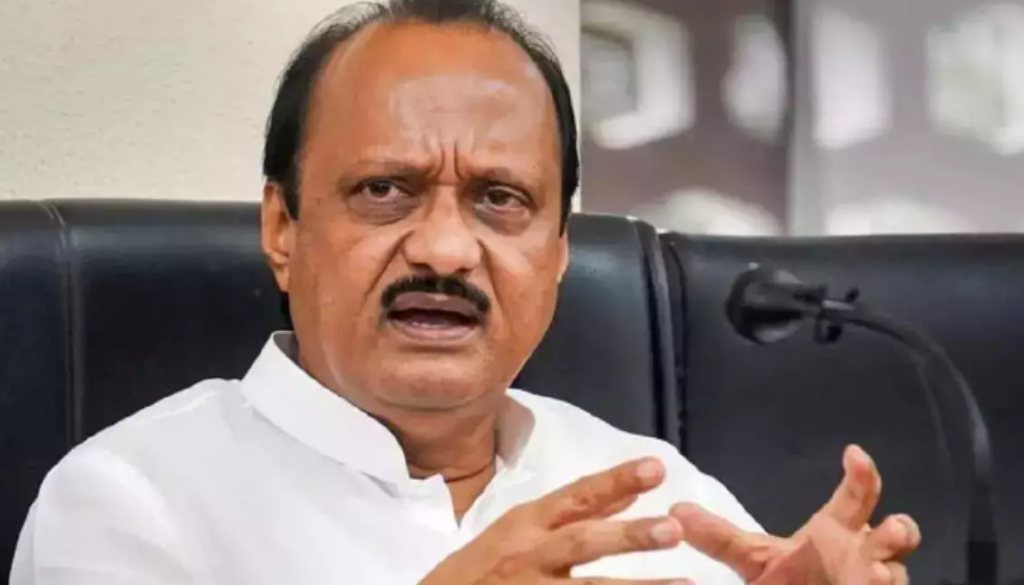[ad_1]
Baramati, 6th September 2024: Preparations for the upcoming Maharashtra Legislative Assembly Elections have begun. Maharashtra Deputy Chief Minister Ajit Pawar recently made statements regarding seat allocation, the party’s agenda, and personal decisions. He discussed these topics in an interview with ‘The Indian Express’.
A few days ago, Ajit Pawar remarked that he was not interested in contesting elections from Baramati, sparking speculation about Jay Pawar’s candidacy. When asked whether he would contest in Baramati, Ajit Pawar responded, “I have contested seven to eight times in Baramati. However, the party’s decision will be final. Activists indeed want my son Jay to be nominated, but no concrete decision has been made yet.”
In the last Lok Sabha elections, Ajit Pawar’s wife, Sunetra Pawar, contested against his cousin Supriya Sule in Baramati. However, Supriya Sule won comfortably. When asked about it, Ajit Pawar said, “I always speak from the heart. I felt that my decision to nominate my wife was wrong. Also, I apologized to the state after the incident with Chhatrapati Shivaji Maharaj’s statue in Malvan. Shivaji Maharaj is our role model; we know his importance.”
In 2023, the Nationalist Congress Party (NCP) experienced a split, with one faction led by Ajit Pawar joining Shiv Sena and the Bharatiya Janata Party (BJP) to form a government, where Ajit Pawar became Deputy Chief Minister. Traditionally, NCP and BJP-Shiv Sena have held opposing ideologies. Regarding this, Ajit Pawar said, “We made it clear that our ideology is secular, and there will be no compromise. But people also ask why this question wasn’t raised when Congress and NCP worked with Shiv Sena for two and a half years. Now that we have come together for the development agenda, the issue of secularism is drawing public attention.”
Ajit Pawar emphasized that his party remains committed to secularism and will not compromise on this principle. The Mahayuti will include schemes for people of all religions, and decisions will be made based on the party’s strength in each constituency.
[ad_2]
